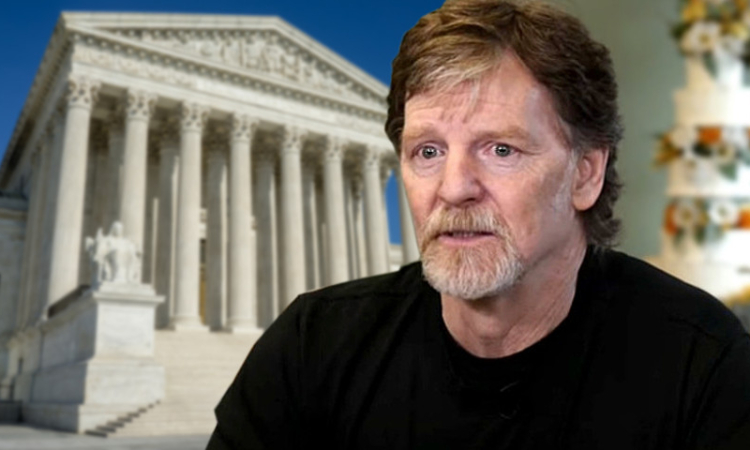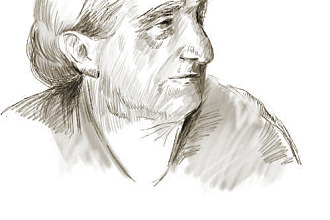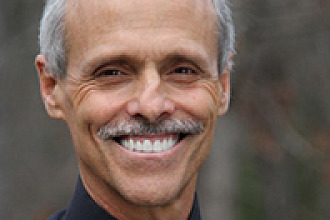Those who imagined the Supreme Court decided in favor of Jack Phillips and his wedding cake business may have been drinking the Kool Aid if they thought the issue was going to quiet down anytime soon.
I predicted there would be more trouble for Jack, and it didn’t take long. New discrimination charges were filed against him, this time for refusing to bake a cake to celebrate a transgender transition. Those who want to celebrate gender transitions have every right to do so. But in a free society, why are small business people like Jack made the subject of such obvious harassment? Whether or not you or I would bake the cake, Jack has a right to his beliefs. He is not going out of his way to harm anyone.
There is a simple solution to this particular arena of battle between sexual liberty and religion. Simple, albeit unlikely. The problem lies in the underlying discrimination statutes. You see, small employers are legally entitled to discriminate. That’s right. Under Federal law, if you have less than 15 employees, you can legally tell someone whose race, religion or gender you don’t like that they can’t work for you. And under many state laws, the exemption applies to employers of less than five workers. But there is no similar exemption for small business when it comes to serving the public. Public accommodations laws broadly restrict businesses from refusing to serve customers on all the usual bases. The original purpose was to eliminate restrictions on race discrimination against African Americans who were excluded from most hotels, restaurants and the like. Public accommodations laws are important. But in today’s economy, there is no reason they need to be wielded as a sword against small businesses.
Case in point. There is a prominent case that arose in Washington State involving a law requiring pharmacists to both stock and dispense the “morning after” pill, a form of birth control. A pharmacy challenged the law as a form of religious discrimination, and ultimately lost. But in years of litigation, the state never found a single customer who had been unable to obtain the needed pill in a timely manner due to a pharmacist having a religious objection. My point is that in today’s economy, people can obtain the needed goods and services broadly, and are rarely disadvantaged by religious conscience claims.
But the law does not reflect that reality, instead disfavoring religious conscience claims, and regarding them with suspicion. In most cases, they will lose. By the way, it was a conservative Supreme Court that did this – by way of Justice Scalia’s 1990 decision in the infamous “peyote” case. So those who believe a conservative Supreme Court will better protect religious freedom are surely misguided.
Now, even a small business exception would not help Jack Phillips. His bakery employed more than five people. So the battle rages, and eventually, the Supreme Court may actually decide the underlying issue. Or perhaps Congress will act first, and craft a truce between sexual liberty and religious liberty.
I’m not holding my breath. But from where I sit, in a free society, we all get to define our own identity, and live by our own values and beliefs. The rub is that we don’t get to impose these on others, or use these beliefs to harm others. It is much easier to state the principle than to apply it in difficult conflict situations. So the culture war continues to rage, and I remain a non-combatant, wishing both sides would take a chill pill. Instead of looking for conflicts, like bringing a new case against Jack Phillips, let people live in peace, leave them alone. If conflicts arise naturally, we figure them out. We don’t need to create a time of trouble before the time. And Y’shua taught us in the Sermon on the Mount not to be anxious about tomorrow – each day has enough trouble of its own. There are legitimate areas of conflict between sexual liberty and religious liberty. But both sides in the culture war make matters worse by looking for trouble, and creating conflict. So I leave you with this: “Blessed are the peacemakers, for they will be called the children of God.”
Alan J. Reinach, Esq., serves as Executive Director and Chief Counsel of the Church State Council, the religious freedom education, advocacy and legal services ministry of SDA’s in southwestern United States.
Picture originally found here


























